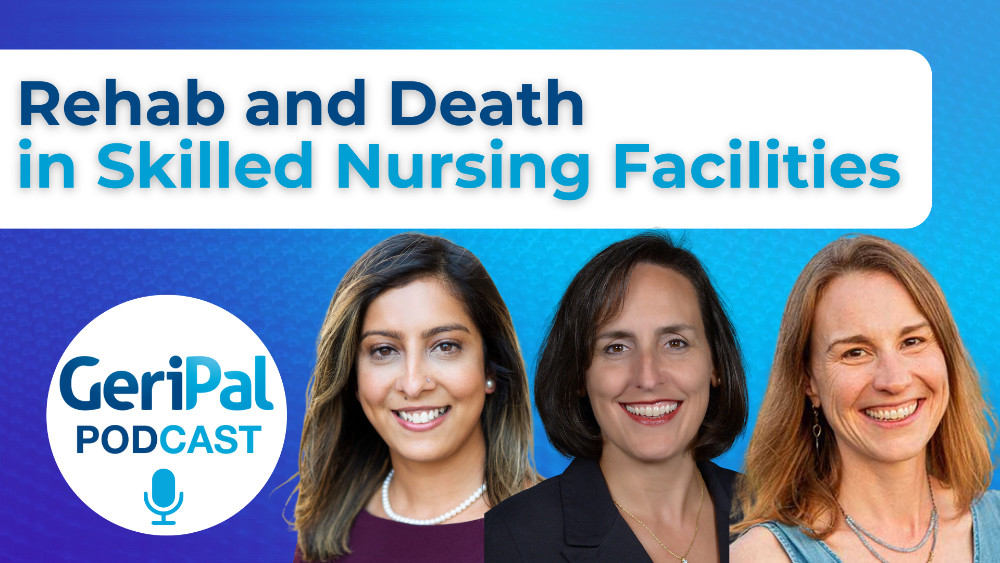I wanted to get this community’s thoughts on a recent article that made some headlines (see ABC news and New York Times for example).
In the Sept 26 issue of Archives of Internal Medicine, Brenda Sirovich and colleagues from Dartmouth report a survey of primary care physicians, where they found that PCP felt they were providing too much care more often than too little care.
First, I want to concede the point that the ideal answer is that we need to individualize decisions and that even if most patients are getting “too much” care, there will be some patients who would benefit from getting more care.
Focusing on averages and a population perspective, I’ve become interested in this topic since I felt a slight tension between younger and older geriatricians about the care for older adults. It seems that in a previous generation of geriatricians, the primary concern about the care of older adults was that we were not providing enough care. For me, this is highlighted by the coining of the term “ageism” by Dr Robert Butler in the late 60’s. The subtext seemed to me that older patients were being denied appropriate services even though they may benefit because they were old. Thus, a dominant theme was elders getting “Too Little” care.
Since then, it feels like a much more dominant theme in geriatrics is how elders are getting “Too Much” care. From studies focusing on poor outcomes associated with surgeries in elders to foley catheterization to medications to avoid, it feels like more geriatricians believe that too much care is being provided than too little. The studies that focus on undertreatment of elders seems to come more from subspecialists (e.g. oncologists showing that elders are being undertreated for cancers) than geriatricians.
Do folks think that geriatrics as a field has shifted from fighting to ensure that elders get appropriate care to fighting to prevent harmful care?
My sense (completely unsupported by any data) is that this has happened. Further, I think much of this reflects a shift in US medicine, where more and more interventions being done. Thus, ideal care for the older patient has not changed in intensity over the past 40 years. However, the standard of care has shifted, so that 40 years ago, the standard of care may have been slightly less aggressive than ideal and now the standard is more aggressive than ideal.




